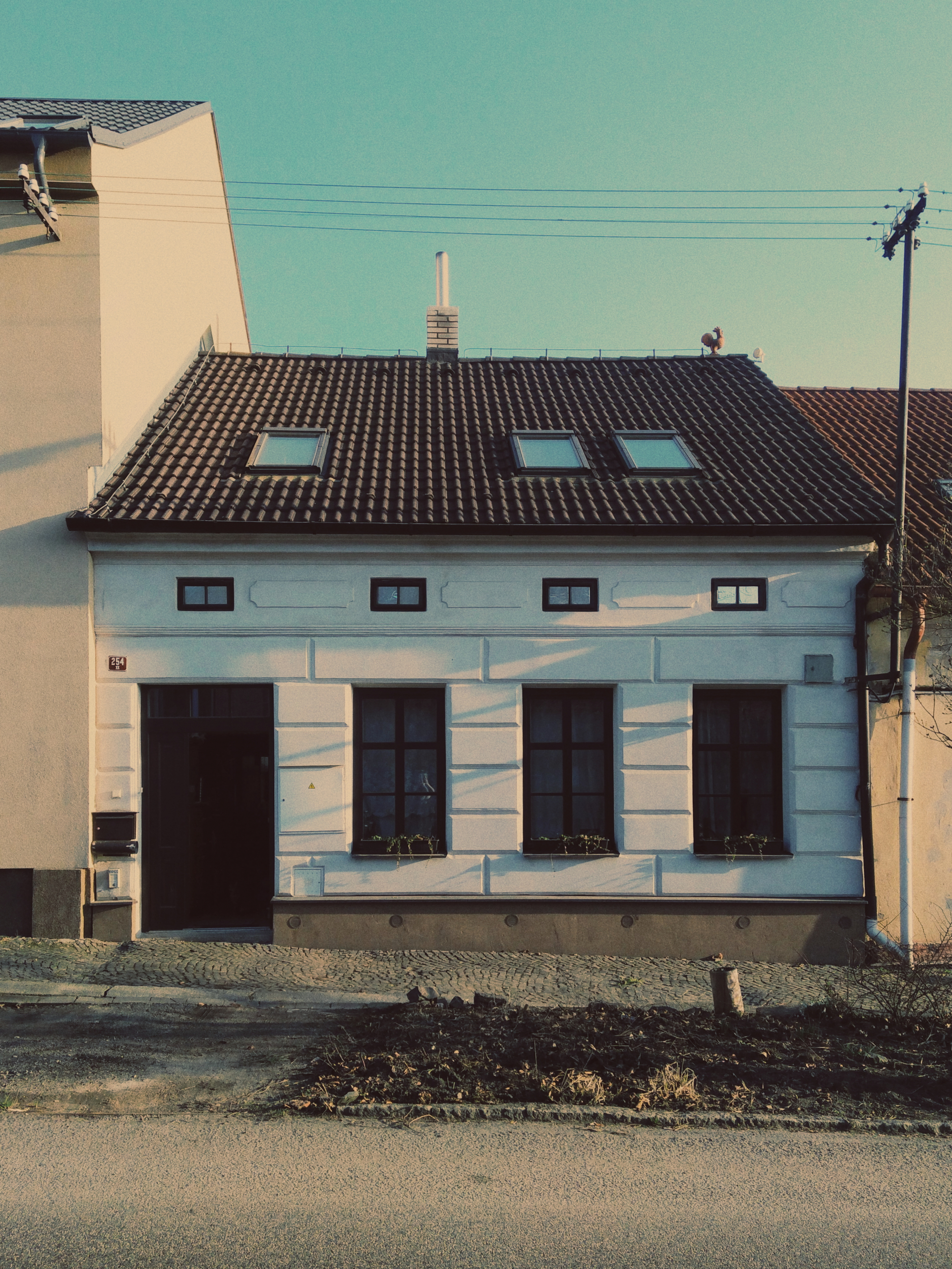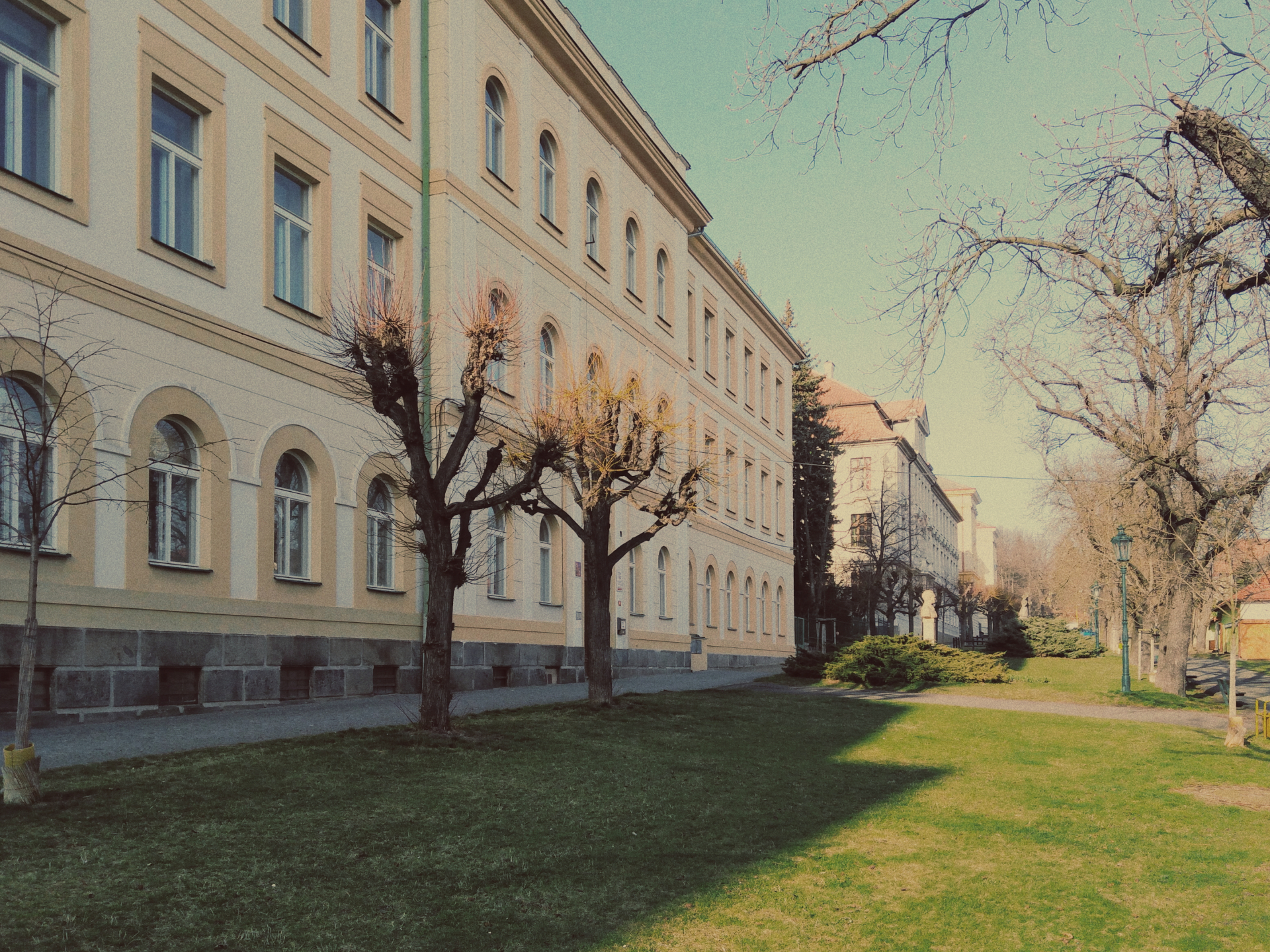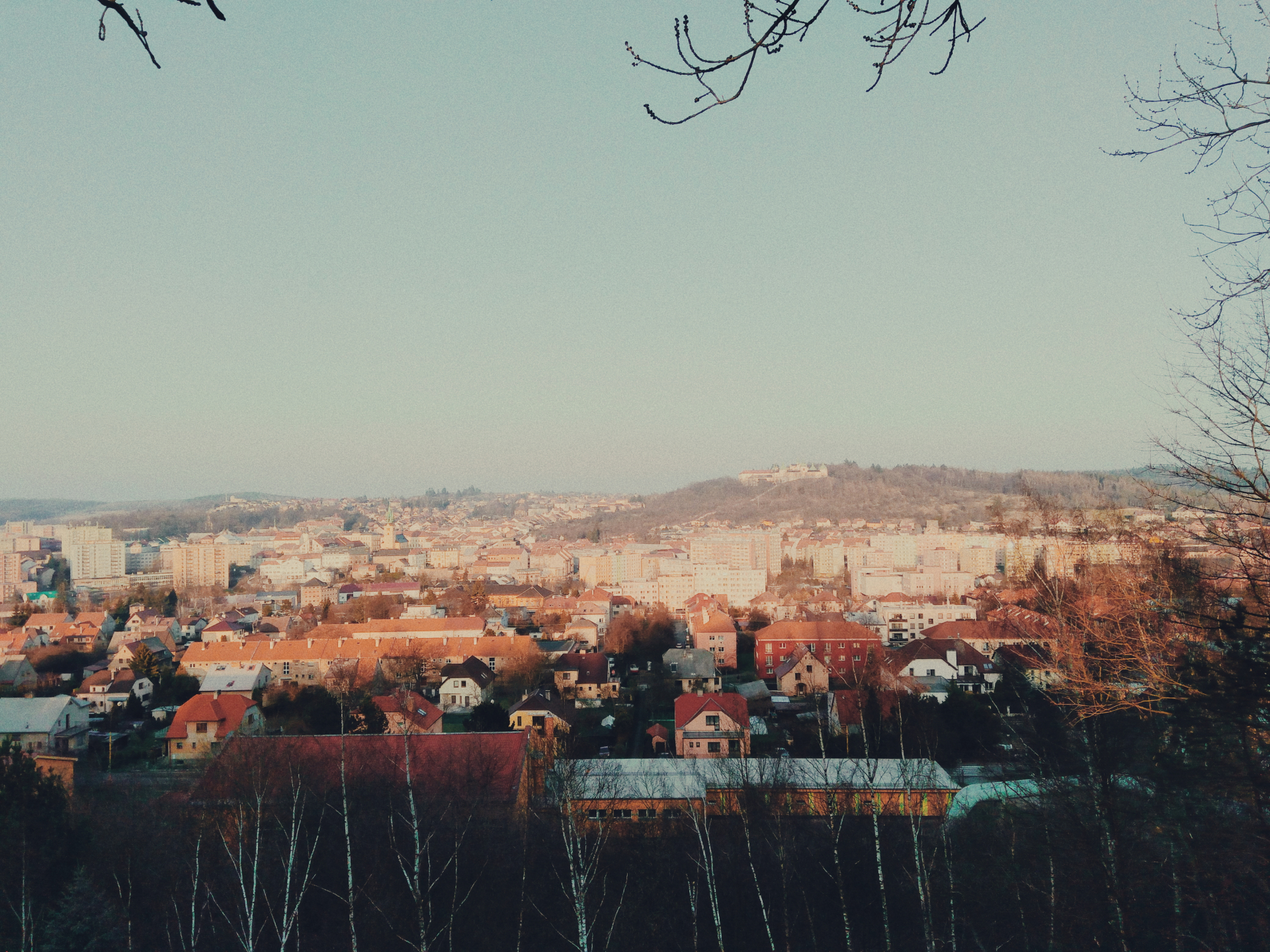In the footsteps of Jan Drda
He has experienced both: his rise to prominence and his fall into oblivion. The novelist, publicist, playwright and film scriptwriter was a native of Příbram. And it was evident in his works. Take a walk in the footsteps of Jan Drda in Příbram
1. FAMILY HOUSE

Jan Drda (novelist, publicist, playwright, film scriptwriter) was born on 4 April 1915 in Příbram in Žižkova Street, near today's Sevastopol Square. His childhood was not very joyful, his mother died soon after, his father could not take care of the family, he remarried and left Příbram for good in 1925. Jan and his sister Marie, two years younger, were brought up by their grandparents, who unfortunately died within a short time; Marie ended up in an orphanage and Jan, then a student at the gymnasium, lived with various relatives.
2. GYMNASIUM

Due to his good grades, he received a Jungmann scholarship from the "Association for the Support of Poor Students of the Gymnasium in Pribram", so he successfully finished school in 1934. Already during his studies he wrote short stories for the magazines Oheň and Studentský časopis. He created several plays for the amateur theatre of the grammar school, such as The Conquest of Troy, in which he also starred. Under the influence of the Liberated Theatre, he also wrote an interpretation of the Vest pocket revue and the Smoking revue.
After graduating from high school, Drda went to Prague to study comparative literary history and classical philology at Charles University. He managed to get a scholarship and supported himself with newspaper short stories and novels to be continued in magazines. However, for organizing a student strike in 1936 he was expelled from Masaryk College, where he had lived until then, and eventually had to quit his studies for financial reasons. In the summer of 1937 he took up his first job, becoming editor of Lidové noviny in Zlín - he wrote mainly feuilletons and short stories, and provided cultural and sports coverage. In May 1938 he moved to the Prague editorial office of Lidové noviny, where he briefly worked with Karel Čapek. We can say that Drda was his last journalistic pupil, and Čapek's influence was reflected in his further journalistic and literary work. Drda proved to be a very talented and high-quality editor, during his five-year tenure at Lidové noviny he wrote over 6,000 editorials, feuilletons, reflections, columns, theatre reviews, short stories and barrel rolls.
3. A LITTLE TOWN ON THE PALM OF YOUR HAND

The twenty-five-year-old Drda published his first novel, Městečko na palm, during the occupation in 1940. The core narrative of the stories of the people of the fictional town of Rukapáně does not deny its Příbram origins, whether it is the similarity of place names, the names of people, mining language or humour. With some exaggeration, it can be said that the period of the occupation was extremely successful for Drd's work - he published a selection of feuilletons, art monographs, the psychological novel The Wanderings of Petr Sedmilhár and the novel Living Water, and his dramatic work was also significant, especially his fable Hrátky s čertem / Games with the Devil. However, it did not premiere until after the war in 1945. A year later, he published a collection of eleven short stories, The Dumb Barricade, about the unforgotten Protectorate era; one of the stories, entitled The Higher Principle, recalls the tragic events at the Příbram grammar school during the Heydrichiad. In 1960 it was made into a film directed by Jiří Krejčík.
After the liberation, Drda also became politically involved - he and his wife joined the Communist Party of Czechoslovakia, he became editor of the newly founded daily newspaper Práce, and after 1948 he held important cultural and political positions, was chairman of the Union of Czech Writers and a member of the National Assembly. Due to these activities, he struggled with a lack of free time for writing, and his work partly lost its quality. Paradoxically, it was only his resignation as chairman of the Writers' Union in 1958 that helped him. At that time, he wrote the charming Czech Fairy Tales, the script for the fairy tale Dařbuján and Pandrhola, and the fairy tale play Dalskabáty, hříšná ves, or The Forgotten Devil.
4. DOBŘÍŠ CASTLE

Jan Drda was a laureate of the Klement Gottwald State Prize, a recipient of the Order of Labour and was awarded the title of National Artist. In the 1960s, however, his popularity declined rapidly, especially after August 1968, when he publicly spoke out against the invasion by Warsaw Pact troops. He was dismissed from all his posts, expelled from the Communist Party of Czechoslovakia and fired as editor-in-chief of the weekly Svět práce, which he himself had founded. Towards the end of his life he lived in seclusion in the Dobříš castle.
Jan Drda died of a heart collapse on 28 November 1970 in Dobříš, where he is also buried. In his native Příbram, one of the streets is named after him and since 1990 the library in Příbram has also been named after him.
Elaborated by: Hana Pegová, Jan Drda Library Příbram
Photo.










